Roundup Extended Control is a weed killer that has been making headlines lately. It has been receiving a lot of mixed reviews, with some people swearing by its abilities and others warning against its use. So, what’s the truth? Is it worth your money? In this article, we will answer all of your questions and give you some useful tips on how to get the most out of it!About Roundup Extended Control
This is a popular weed killer with glyphosate. Glyphosate is a herbicide that kills weeds by inhibiting their ability to produce amino acids. It also contains surfactants that help the glyphosate to penetrate leaves and stems.
Table of Contents
Roundup Concentrate Extended Control Weed & Grass Killer Plus Weed Preventer II
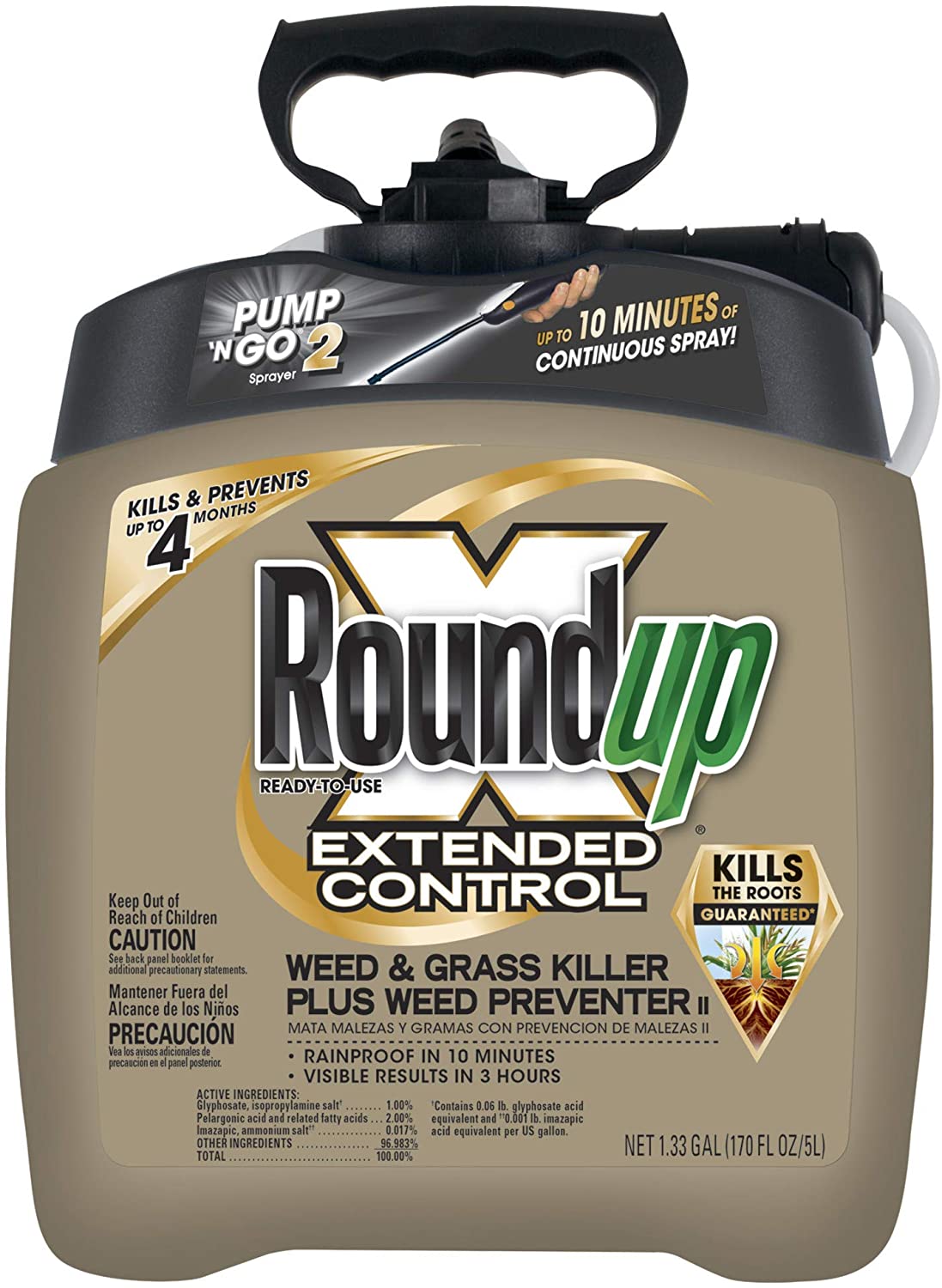
Specifications
- Dimensions 2.43 x 4.75 x 11.19 inches
- Weight 2.3 pounds
- Liquid Volume 32 Fluid Ounces
- Coverage Driveway & Patio Weeds Concentrates
The time to kill the weed depends on several factors, including the type of plant being treated, the size of the plant, and the weather conditions. In general, however, it takes about two weeks for it to kill weeds.
Another common question is how to use it. The best way to use it is to mix it with water in a pump sprayer. Then, simply apply the mixture to the leaves of the weeds you want to kill.
It’s important to note that Extended Control is not selective. Therefore, be sure to avoid spraying it on desirable plants.
Roundup Extended Control Manual
Buyer’s Guide
Why use weed killers
There are plenty of reasons. Maybe you’re trying to get your lawn ready for the summer or you’re trying to clear out a garden bed so you can start fresh. Whatever the reason, it’s important to choose the right product for the job at hand. The Extended Control is a great option for those looking for an effective weed killer.
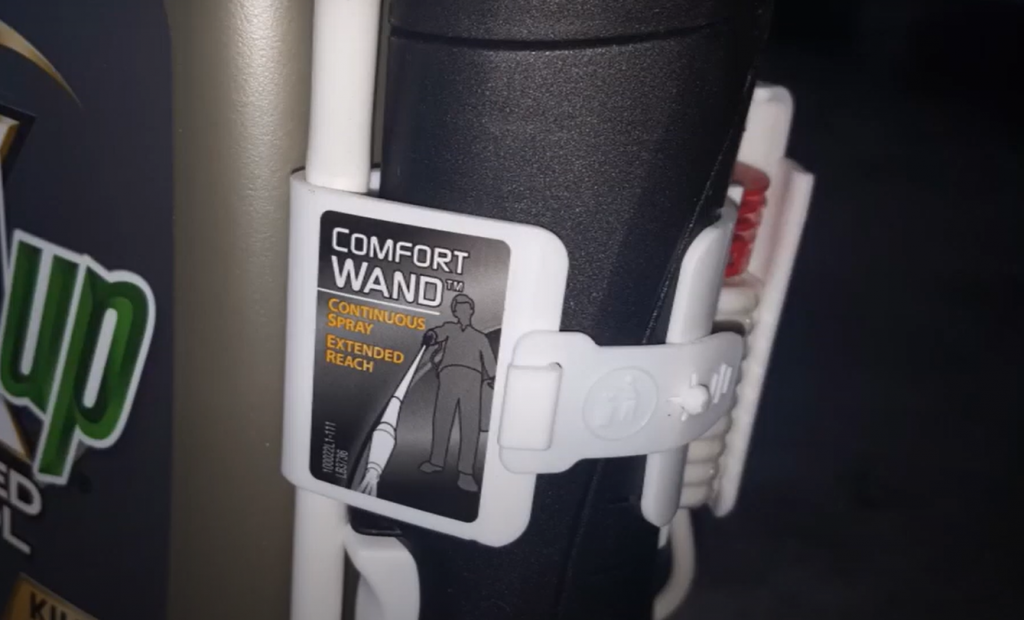
When choosing a weed killer, there are a few things you’ll want to keep in mind. First, consider the kind of weed you’re dealing with. If you’re dealing with tough, invasive weeds like crabgrass or dandelions, you’ll need a stronger formula. Second, think about how large of an area you’re trying to treat. If you’re dealing with a large patch of weeds, you’ll need a weed killer that covers a large area. Finally, consider how long you need the weed killer to last.
It’s important to follow the directions on the label. This will help you avoid any accidents or damage to your lawn or garden. It’s also important to remember that these products can be harmful to pets and children if they’re not used properly. Always keep them out of reach and be sure to follow the directions on the label.
Keep these tips in mind and you’ll be sure to find the perfect product for your needs.
How to choose the best weed killer?
It can be tough- there are so many products on the market, and they all claim to be the best. The first step is to identify the weed. Once you know what kinds of weeds you’re up against, you can narrow down your choices.
Pre-emergent ones prevent weeds from germinating in the first place, and post-emergent kill existing weeds.Types of weed killers
The first thing you need to do is identify the types of weeds and grasses in your garden. You can do this by taking a sample of each plant to your local nursery or gardening centre.
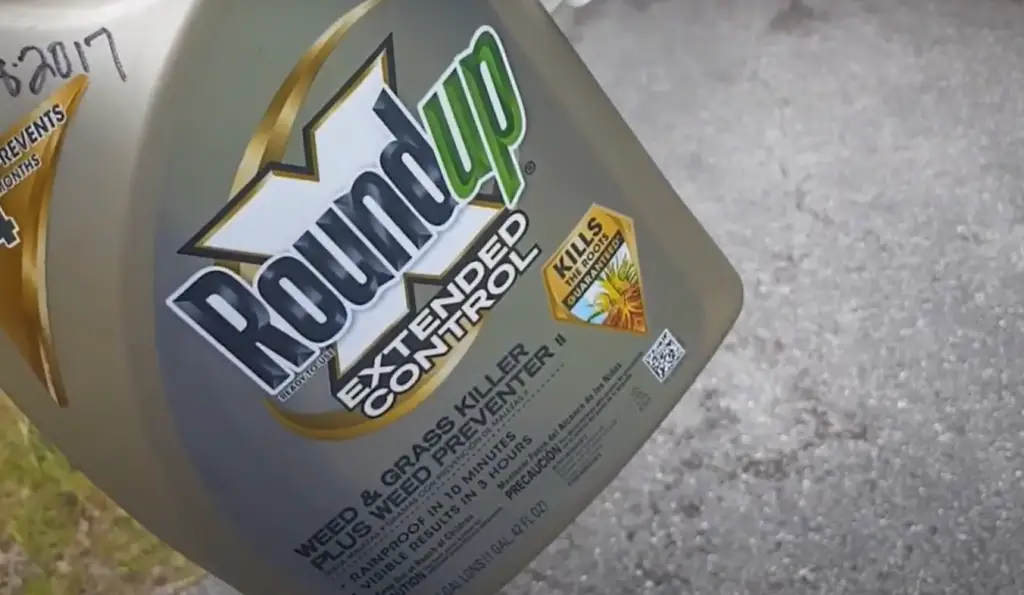
There are the following types of weed killers.
Systemic
Systemic herbicides are taken up by the plant through its leaves and carried down to the roots. This type is effective on annual and perennial weeds. Glyphosate is the most common active ingredient in systemic herbicides. It’s best used on actively growing weeds.
Contact
Contact herbicides only kill the parts of the plant that they contact with. They don’t travel down to the roots, so they’re not effective against perennial weeds. However, contact herbicides are effective against annual weeds, as well as moss and algae. The most common active ingredient in contact herbicides is sodium chlorate.
Non-selective
Non-selective herbicides kill any plant they contact with, so use them with care. They’re often used to clear an area of all vegetation before replanting.
Selective
Selective herbicides kill some plants but not others. This is because they’re formulated to target specific plants or groups of plants. They are often used in lawns to kill weeds without harming the grass. The main ingredients in these herbicides are dicamba and mecoprop.
Residual
Residual herbicides continue to work for a period of time after they’ve been applied. This type of herbicide is effective against both annual and perennial weeds. The most common active ingredient in residual herbicides is pendimethalin.
Always read the label carefully and follow the instructions. Apply the product on a calm day when there’s no wind to avoid drift onto neighbouring plants or areas you don’t want to treat.
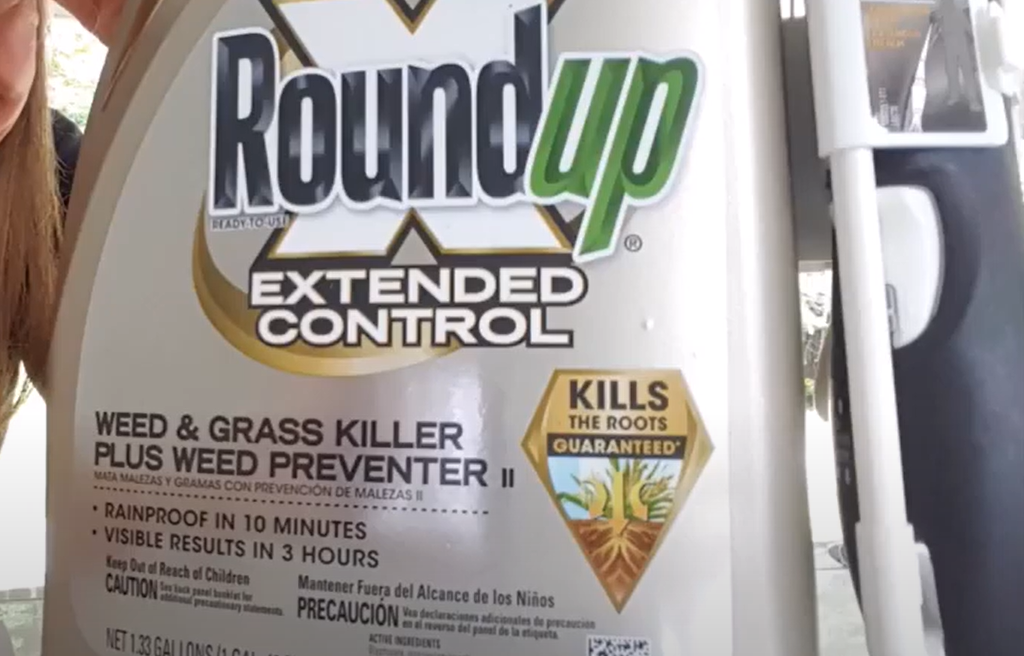
Now that you know the different types of weed killers, you can choose the best one for your needs. If you’re not sure, ask a professional at your local nursery or gardening centre. They’ll be able to advise you on the best product to use in your situation.[1]
How do you apply weed killer?
Pre-emergent herbicides are most effective when used in early spring before weeds have had a chance to germinate.
They can also be used in late summer/early autumn before winter annual weeds start to germinate.
Post-emergent herbicides are applied to actively growing weeds. They work by killing the leaves of the plant, causing the plant to starve.
Post-emergent herbicides are most effective on annual weeds. Perennial weeds will usually regrow from their roots after being treated with a post-emergent herbicide.
The best time to apply a post-emergent herbicide is in early spring before the weed has had a chance to flower and set seed.
Most people just grab a bottle of Extended Control and start spraying, but that’s not the best way to get results. You need to read the instructions first and make sure you’re applying it correctly.
The first thing you need to do is identify the weeds you want to kill. Roundup Extended Control is designed for killing broadleaf weeds, so if you’re trying to kill grass, it’s not going to work very well. Once you’ve identified the weeds, you need to make sure they’re actively growing. If they’re not actively growing, the Roundup won’t work as well.
Once you’ve done that, it’s time to mix up your Extended Control according to the instructions on the bottle. You need to use the right amount of water, or it won’t work as well. Once you’ve mixed it up, put it in a pump sprayer and start spraying.
Make sure you’re getting it on all the leaves of the weed, not just the top. And be careful not to get any on your skin or clothes. If you do, wash it off immediately. [2]
You should see results within a few days, but it may take up to two weeks for the weeds to die completely. And that’s it!
What is an alternative?
There are a few viable alternatives to Roundup Extended Control. One such product is “Vinegar Hill Farm.”
Another alternative is “Weed B Gon,” which is a glyphosate-based herbicide that is available at most home improvement stores.What to Look for When Evaluating Weed Killers?
When you’re out looking for a weed killer, there are a few things you’ll want to keep in mind. First, consider the type of weeds you’re dealing with. Different weeds require different types of herbicides, so it’s important to get the right kind for your needs.
Next, think about how large an area you need to treat. If you have a small garden, you probably won’t need as much weed killer as someone who has a large lawn. The size of the container will also be something to keep in mind – larger containers will obviously cover more ground.
Finally, take price into consideration. Some weed killers can be quite expensive, so it’s important to find one that fits your budget.
FAQ
How long does it take Roundup Extended Control to work?
The Roundup extended control formula is designed to work quickly, with visible results in as little as 3 hours. However, for best results, it’s recommended to wait 6 hours before mowing the treated area. [3]
Extended control can be used on both actively growing and newly emerged weeds. For best results on actively growing weeds, treat when they are young and actively growing (usually spring or early summer). Newer glyphosate formulas have been found to be more effective than older formulas.
To get the most out of your Roundup extended control treatment, here are a few useful tips:
- Start with a smaller area to gauge how long it takes the product to work before treating a larger area.
- Be sure to thoroughly saturate the leaves of the weed for best results.
- If possible, avoid treating weeds in direct sunlight, as this can cause the product to evaporate too quickly.
- Weeds that are stressed (drought, disease, etc.) may take longer to show results.
Is Roundup Extended Control worth it?
It is a great product if you’re looking for something to help control weeds in your garden or lawn. It’s easy to use and relatively inexpensive, so it’s definitely worth considering if you’re looking for a weed control option. [4]
How do you use Roundup Extended Control sprayer?
The first thing you need to do is make sure that the area you’re spraying is clear of any debris or vegetation. Once the area is clear, shake the Roundup Extended Control bottle well and then attach it to your hose. Next, turn on the water and adjust the nozzle until you get a coarse spray. Finally, hold the nozzle about 12 inches away from the ground and start spraying. Make sure to cover the entire area evenly.[5]
Related Video: Roundup Extended Control Weed Killer Demo
Conclusion
Based on everything we’ve seen, Roundup Extended Control is a great product for those looking for an effective weed killer. It’s easy to use, relatively inexpensive, and does a great job of killing weeds. However, there are a few things to bear in mind when using this solution. First, be sure to read the label carefully and follow the directions. Second, always test the product on a small area first to make sure it won’t damage your plants. And finally, be aware that Roundup Extended Control will kill any plant it comes into contact with, so use it carefully! Thanks for reading!
References:
- https://www.lovethegarden.com/uk-en/article/how-weedkillers-work
- https://www.gertens.com/catalogsearch/result/?q=blog+when+and+how+apply+weed+killer+to+your+lawn&amnoroute
- https://www.roundup.com/en-us/products/driveway-patio-weeds/roundup-ready-use-extended-control-weed-grass-killer-plus-weed-1
- https://www.gardengatemagazine.com/review/weed-killer/
- https://www.roundup.com/en-us/products/driveway-patio-weeds/roundup-ready-use-extended-control-weed-grass-killer-plus-weed


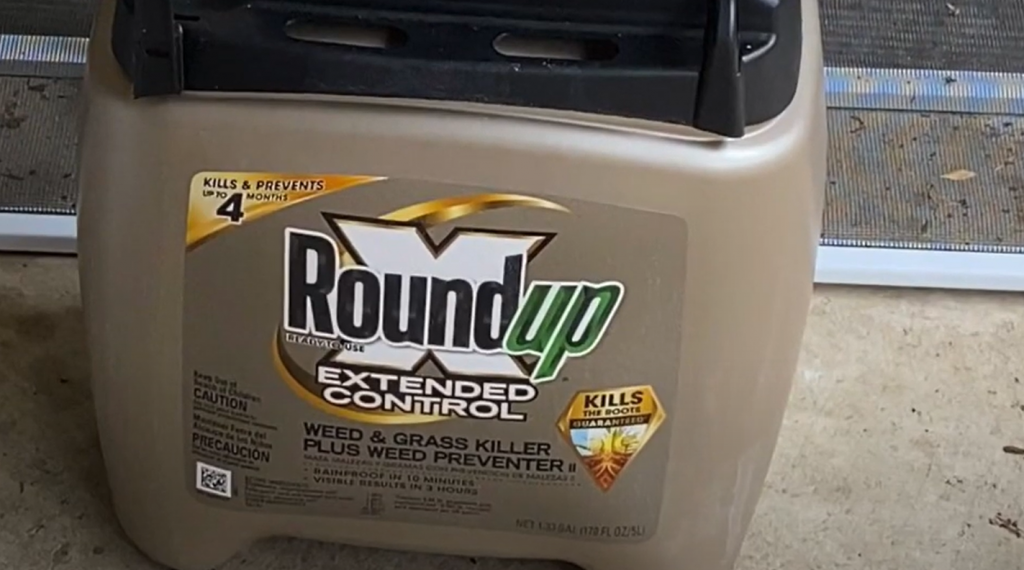

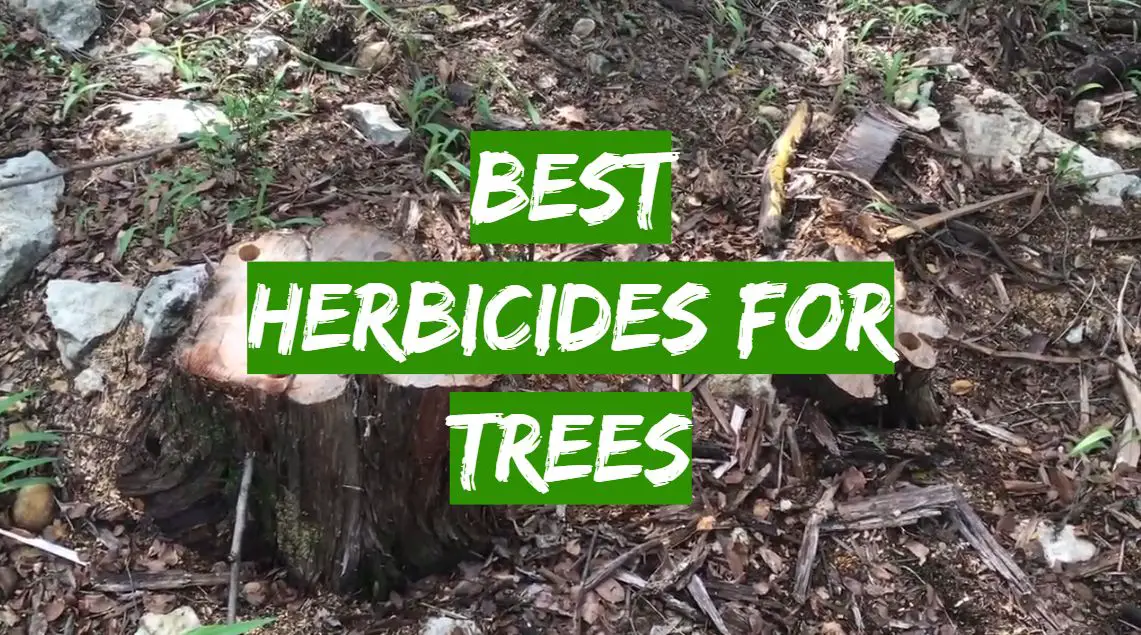
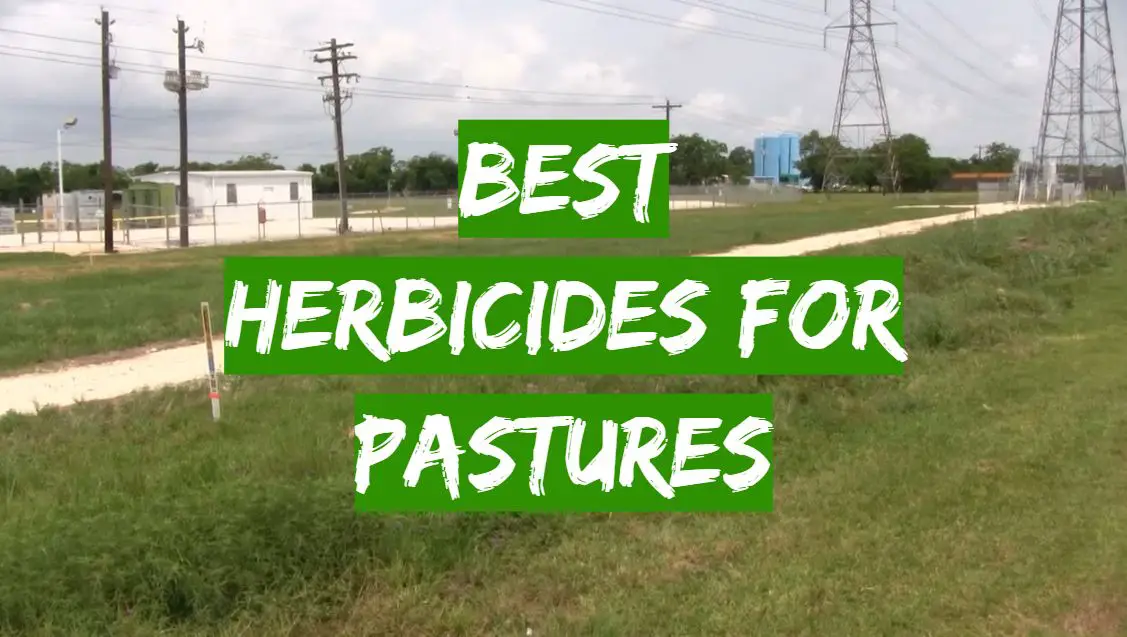
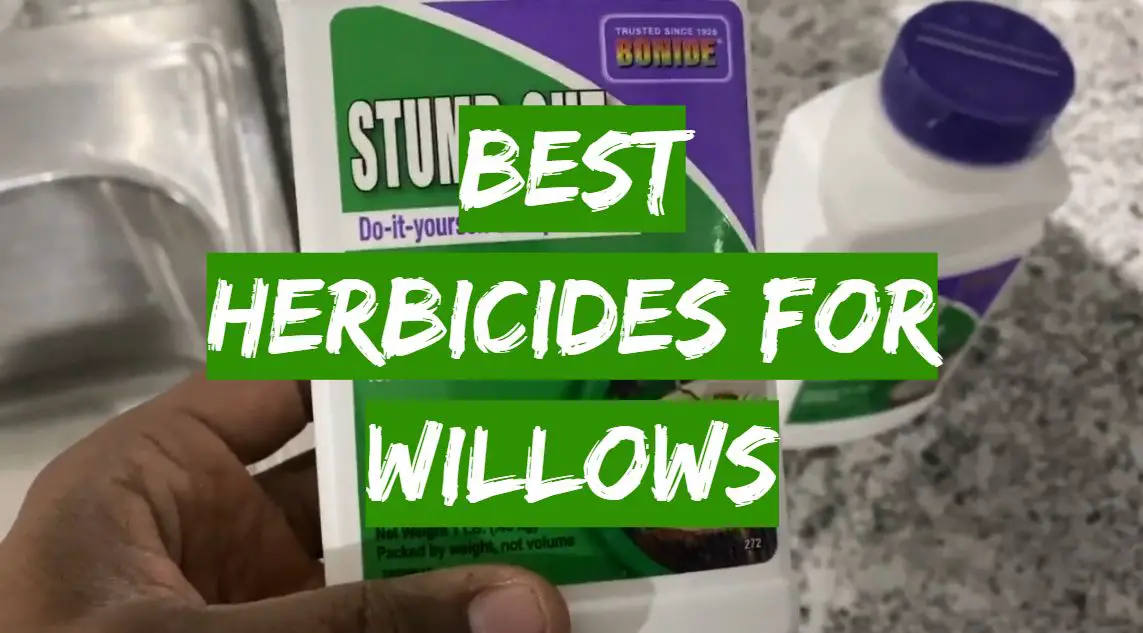
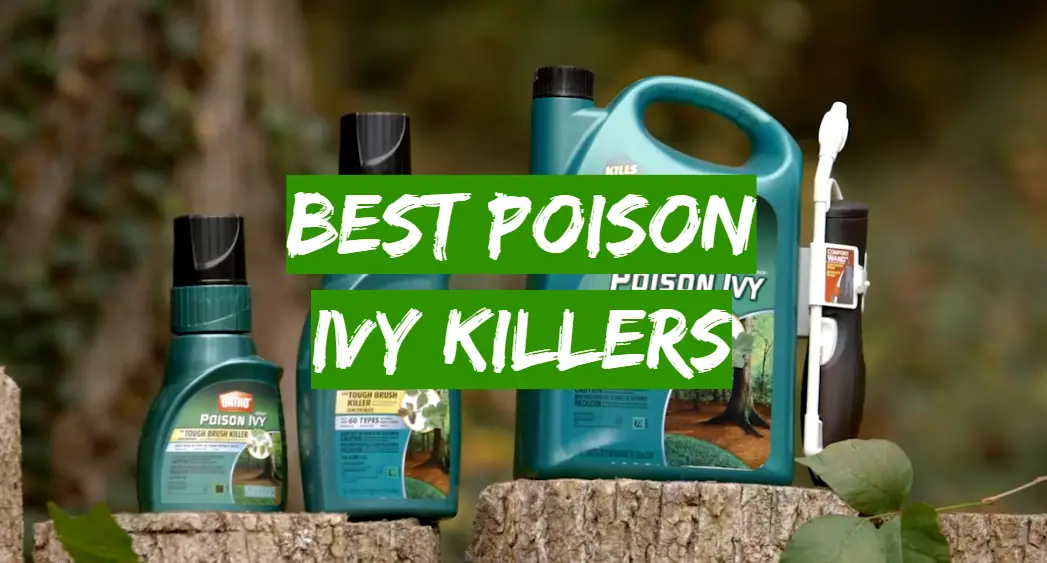
Leave a Reply
View Comments